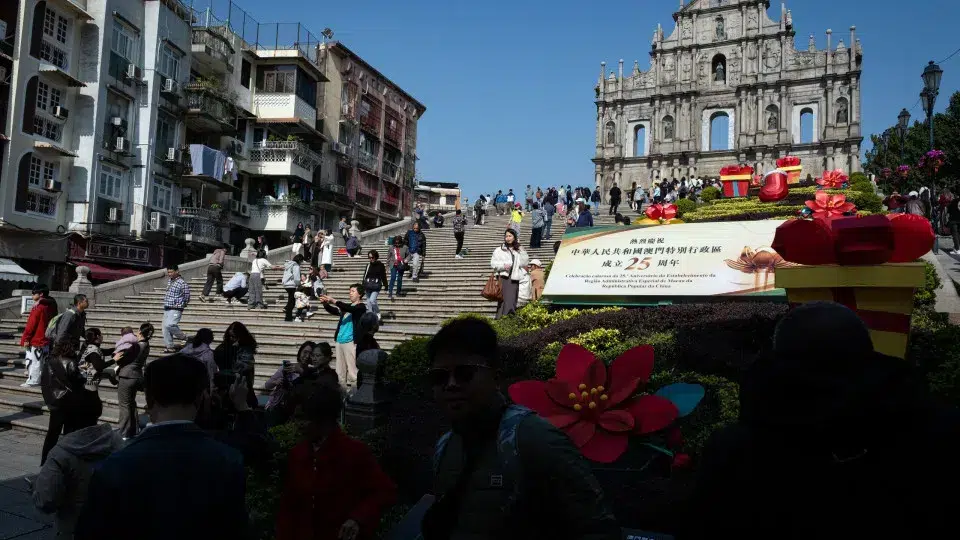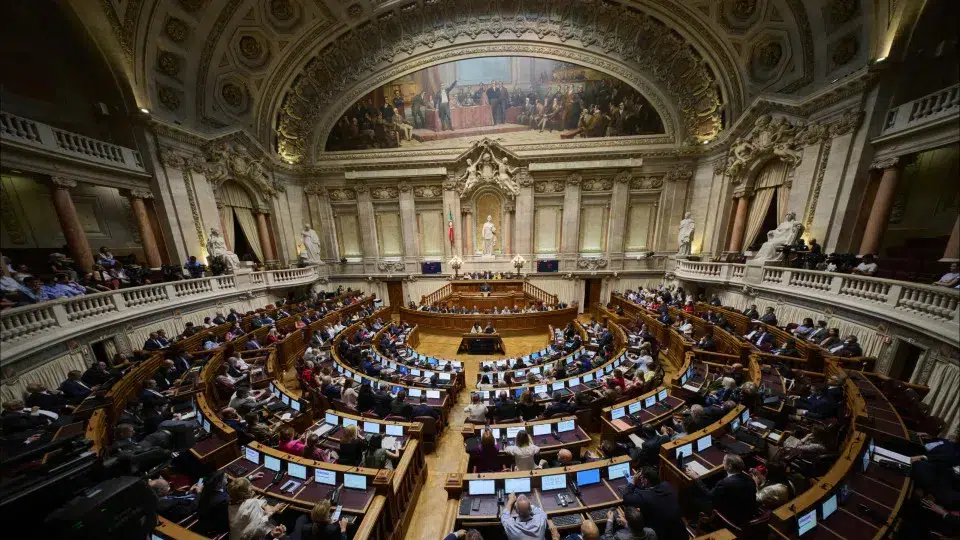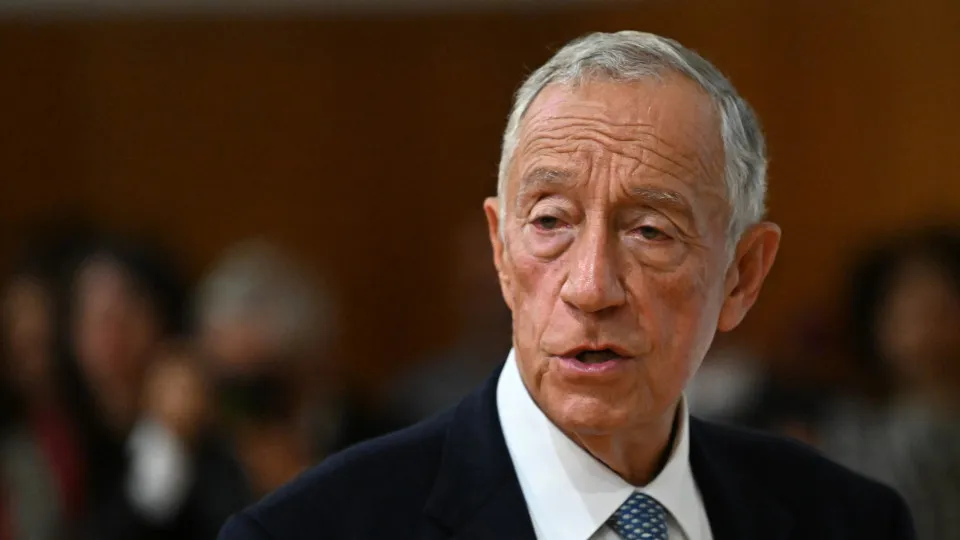
The index in Macau rose by 0.27% year-on-year in August, more than double the 0.11% recorded in July, marking the highest increase since January’s 0.57%, according to official data.
The Statistics and Census Service attributed the inflation acceleration mainly to food and non-alcoholic beverages, which increased by 0.44%. The cost of meals purchased outside the home rose by 1.54%.
Spending on apartment rentals or mortgages rose by 0.84% and 0.56%, respectively, even before the Macau Monetary Authority approved, on September 18, the first interest rate cut since late 2024.
The region’s Legislative Assembly approved the removal of several housing acquisition taxes in April 2024 to “increase liquidity” in the real estate market, as advocated at the time by the Secretary for Economy and Finance, Lei Wai Nong.
With the recovery in visitor numbers, the Chinese semi-autonomous region saw a 19.1% increase in the price of jewelry, goldsmiths, and watches, which are popular among mainland Chinese tourists.
Conversely, the cost of tours and hotels for overseas trips by Macau residents increased by 8.29%, while spending on education and insurance rose by 1.27% and 1.34%, respectively.
On the mainland, Macau’s largest trading partner by far, the Consumer Price Index fell again by 0.4% year-on-year in August, marking the fifth month of deflation in the last six months.
Deflation reflects weakness in domestic consumption and investment, posing a significant concern since falling asset prices, typically acquired through credit, can create an imbalance between loan values and bank guarantees.
This data surprised analysts, who had predicted a price contraction of 0.2% after the index remained unchanged in July, ending four consecutive months of decline.
The world’s second-largest economy continues to face deflationary pressures due to weak domestic demand and industrial overcapacity, exacerbated by the trade war with the United States, which has hindered inventory clearance by companies.
The Producer Price Index, measuring factory output prices, fell by 2.9% in August, marking the 35th consecutive month of decline, although it showed improvement compared to the 3.6% drop recorded in July.
Chinese authorities have reiterated that boosting domestic demand will be one of the core economic priorities for 2025.
In the neighboring region of Hong Kong, inflation rose slightly from 1% in July to 1.1% in August.




